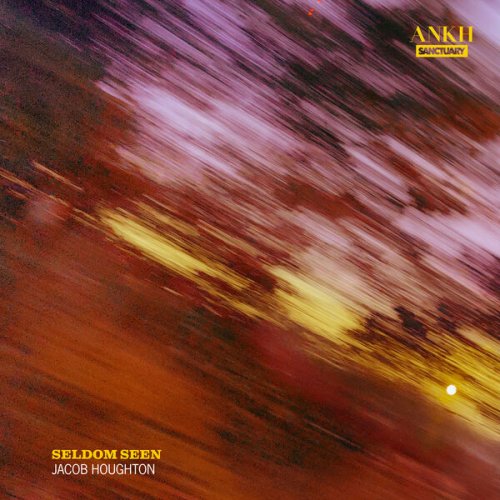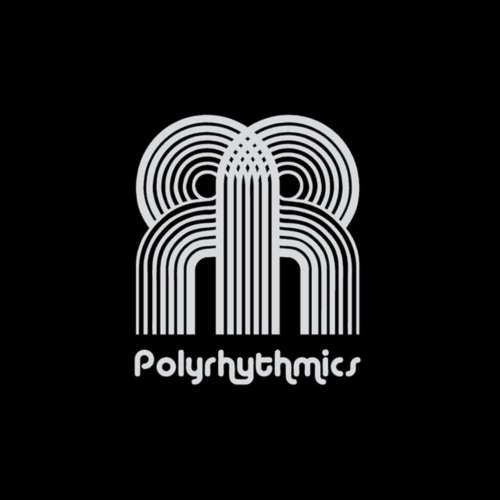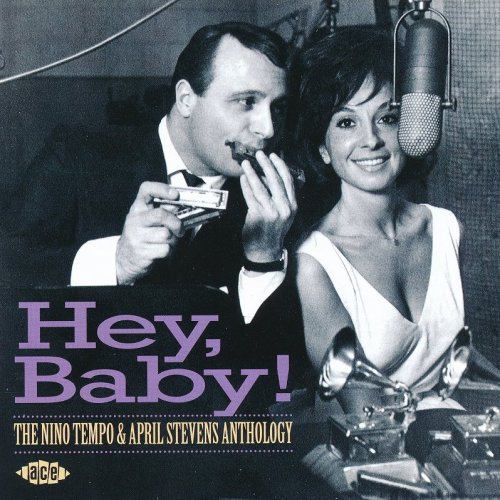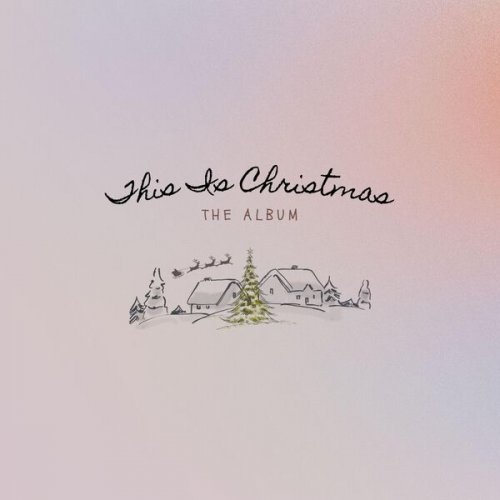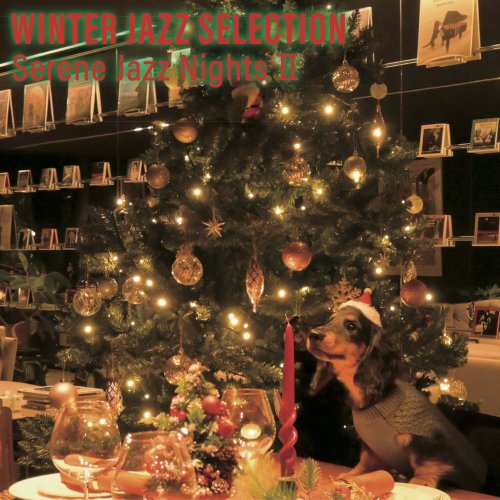Eliesha Nelson - Quincy Porter: Complete Viola Works (2009)
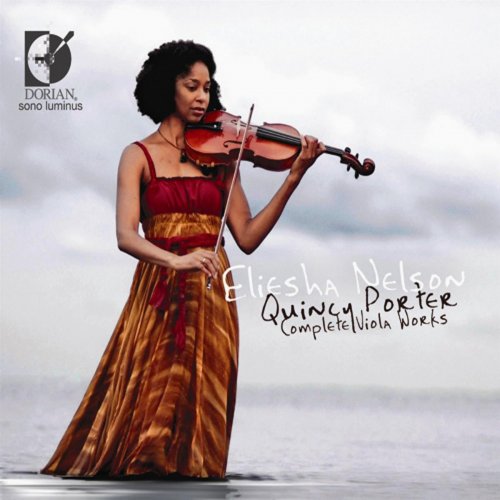
Artist: Eliesha Nelson, John McLaughlin Williams, with Douglas Rioth, with John McLaughlin Williams, Northwest Sinfonia
Title: Quincy Porter: Complete Viola Works
Year Of Release: 2009
Label: Dorian Sono Luminus
Genre: Classical
Quality: flac lossless (tracks)
Total Time: 01:14:08
Total Size: 360 mb
WebSite: Album Preview
TracklistTitle: Quincy Porter: Complete Viola Works
Year Of Release: 2009
Label: Dorian Sono Luminus
Genre: Classical
Quality: flac lossless (tracks)
Total Time: 01:14:08
Total Size: 360 mb
WebSite: Album Preview
01. Viola Concerto: I. Adagio
02. Viola Concerto: II. Allegro
03. Viola Concerto: III. Largo
04. Viola Concerto: IV. Allegro giusto
05. Speed Etude
06. Duo for Viola and Harp
07. Viola Suite: I. Lento
08. Viola Suite: II. Allegro furioso
09. Viola Suite: III. Larghetto espressivo
10. Viola Suite: IV. Allegro spirituoso
11. Blues Lointains (version for viola and piano)
12. Poem (Version For Viola and Piano)
13. Duo for Viola and Harpsichord
14. Duo for Violin and Viola: I. Allegretto
15. Duo for Violin and Viola: II. Lento
16. Duo for Violin and Viola: III. Allegro molto
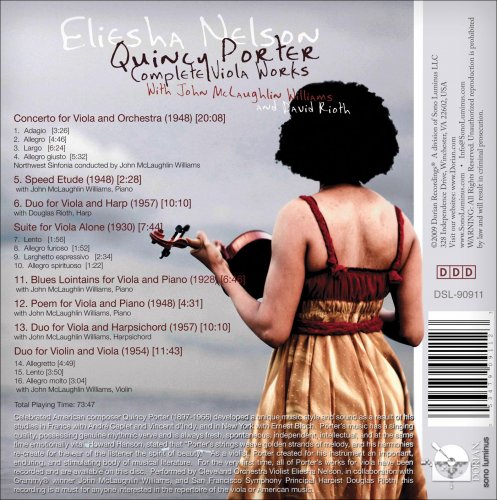
Even though Quincy Porter: Complete Viola Works presents a respectable number of short character pieces and diversions, the selection of greatest interest is the Viola Concerto (1948), surely the strongest reason to listen to this impressive debut release by violist Eliesha Nelson. She makes a powerful argument for this brooding neo-Classical concerto's entry into the viola's repertoire, performing with unflagging energy and sustained lyricism throughout a work that scarcely gives the soloist a rest. Composed in a style that seems to employ Stravinsky's quirky harmonies and Copland's modality, and featuring the laconic counterpoint that typifies much of Porter's mature music, the Viola Concerto is nonetheless quite accessible and enjoyable, if not exactly lovable for any memorable melodies or colorful orchestration. Still, this is a major work for violists to consider adding to their small body of concertos, because the solo part is especially challenging and rewarding. The remainder of the program is filled with short works for viola in pairings with piano, harp, or harpsichord, in duet with violin, and unaccompanied, and the writing is more varied and perhaps more ingratiating in these pieces for both the performers and listeners. Dorian's reproduction is fairly dry and airless in the Viola Concerto, but the sound opens up in the chamber recordings with attractive resonance and spaciousness.
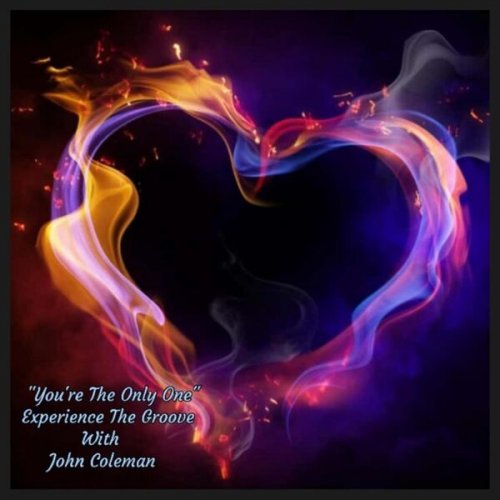
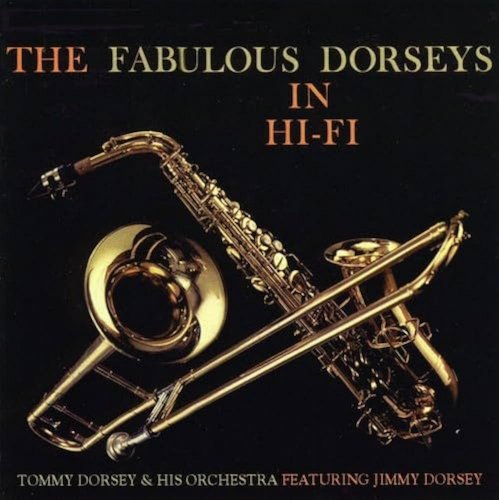
![Sergio Di Finizio - O (2025) [Hi-Res] Sergio Di Finizio - O (2025) [Hi-Res]](https://www.dibpic.com/uploads/posts/2025-12/1766111303_ri3vjk7q73zkc_600.jpg)
![Dave Bainbridge - ON THE EDGE (OF WHAT COULD BE) (2025) [Hi-Res] Dave Bainbridge - ON THE EDGE (OF WHAT COULD BE) (2025) [Hi-Res]](https://img.israbox.com/img/2025-12/18/7l4en830rpyaxdtr7izc3qrx6.jpg)
